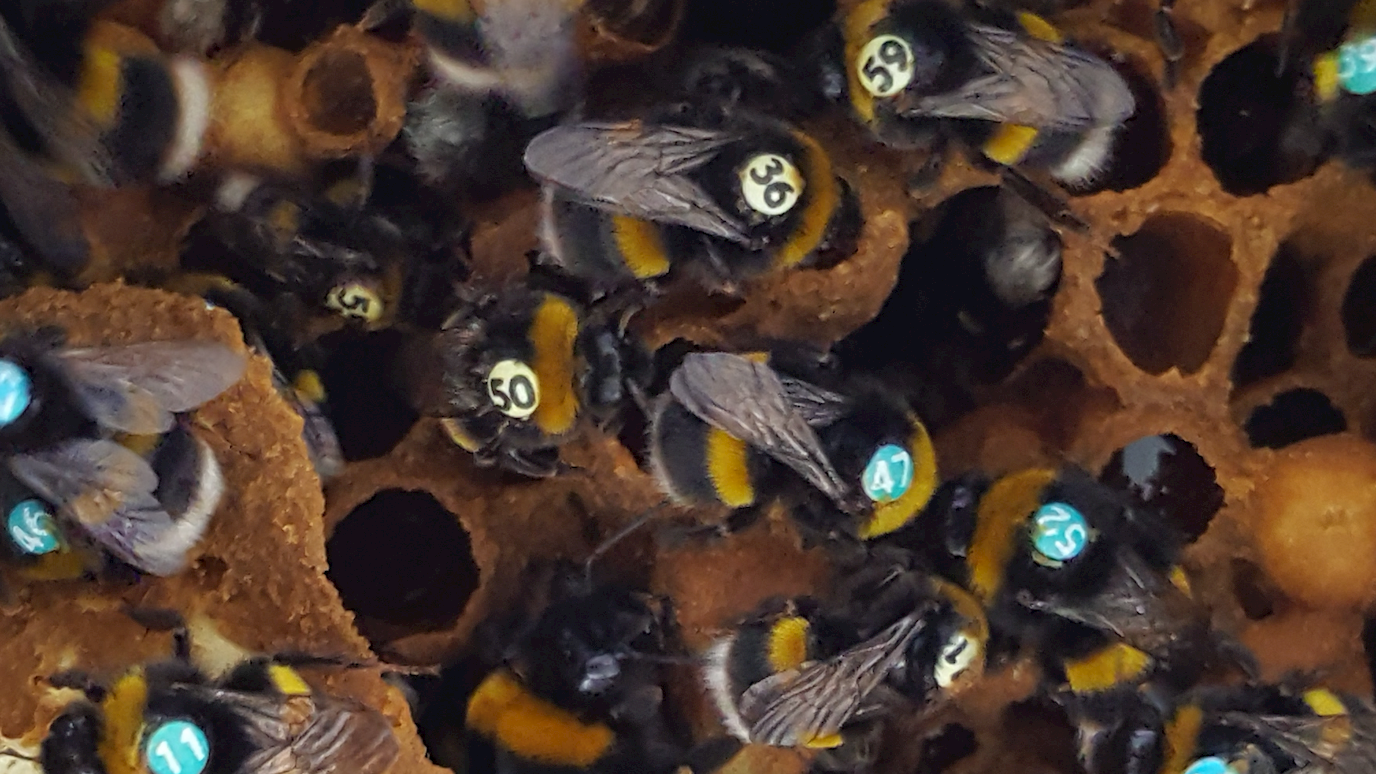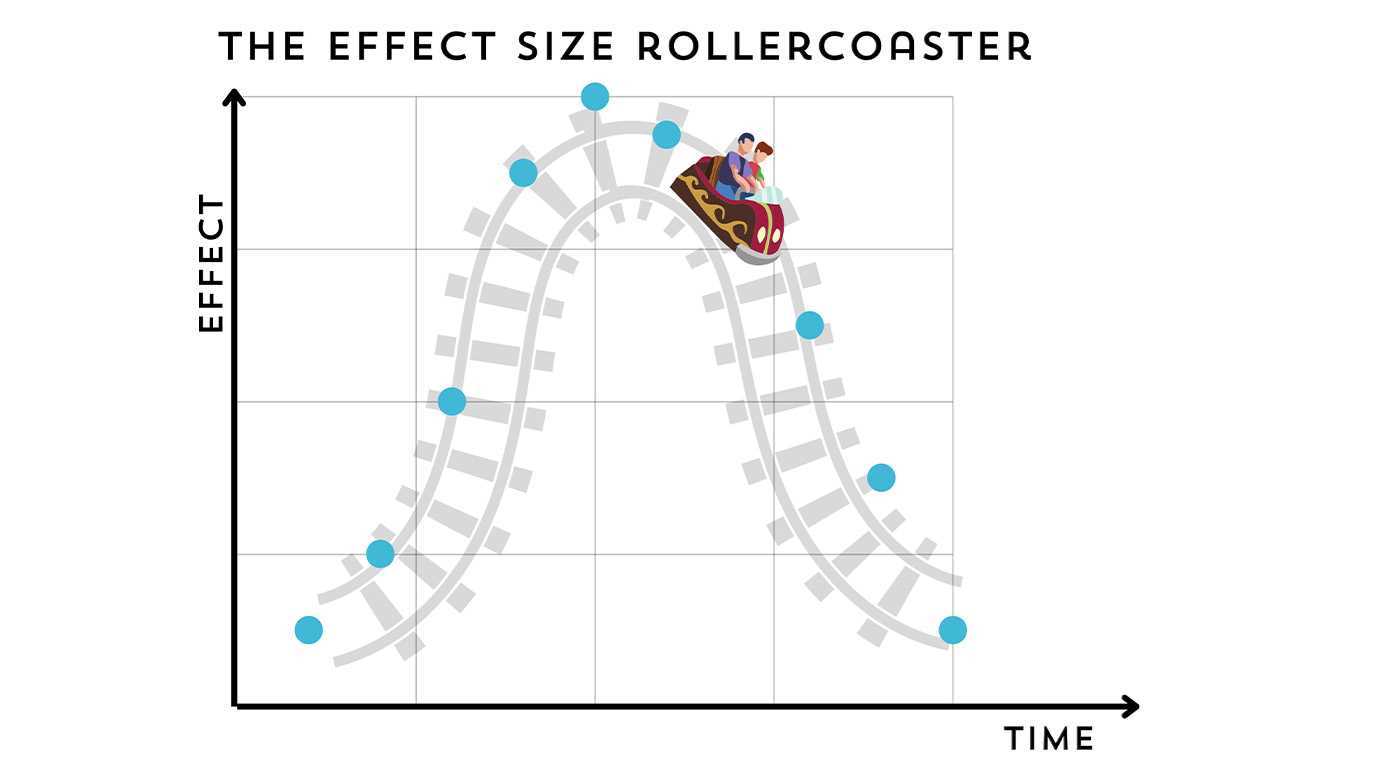An academic from the Department of Biological Sciences at Royal Holloway, University of London has been awarded an ERC Consolidator Grant worth nearly two million Euros to fund research into why animal species differ in their memory capabilities.

The grant, which has been awarded by the European Research Council, will fund a new project named ECOLLIGENCE – to be led by Professor Elli Leadbeater from the Department of Biological Sciences.
The work will focus on the evolution of memory throughout the animal kingdom, where memory capabilities can vary greatly. The researchers have proposed that ecological factors, such as a complex habitat or scarcity of food sources, may necessitate long-term memory and the project will aim to identify the factors that impact the evolution of long-term memory across the animal kingdom.
ECOLLIGENCE looks to use the findings of modern neuroscience to answer the questions of cognitive ecology, with the project utilising a variety of techniques to assess the long-term memory of animals in nature, including the use of harmonic radar to track the mistakes that bumblebees make when searching for food in complex, real-world environments.
The research will also involve contributions from Dr Hrvoje Augustin – also from the Department of Biological Sciences – and Dr Matthieu Lihoreau from the University of Toulouse. The project is due to start in September 2024.
ERC Consolidator Grants are awarded by the European Research Council and are considered highly prestigious, with a relatively low success rate of around 12%. The grants are typically awarded to scientists between 7 and 15 years after completing their PhD. Funding for the project will be provided by the UK Research and Innovation (UKRI) Horizon Europe Guarantee scheme.
Professor Elli Leadbeater, who was previously awarded an ERC Starting Grant for a project entitled BEEDANCEGAP, which focused on the evolution of dance communication in honeybees, said:
“We think of animal cognitive traits as being useful for survival and reproduction, so why doesn’t evolution always produce good long-term memory? The answer must be that long-term memory is more useful for some ecological tasks than others, but we don’t know what those tasks are. This grant is an extraordinary opportunity to explore how natural selection shapes the animal mind.”
Find out more about the Centre for Ecology, Evolution and Behaviour
























